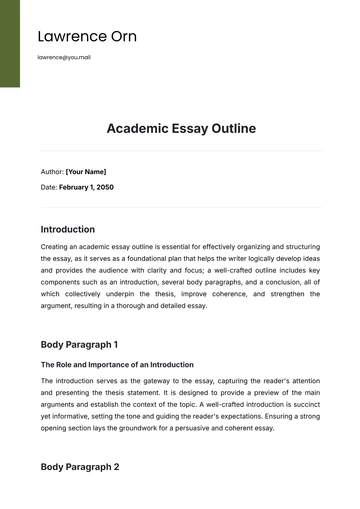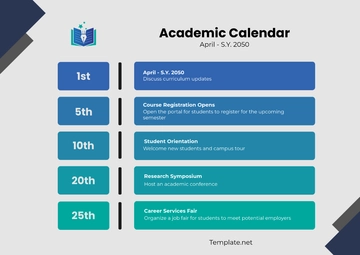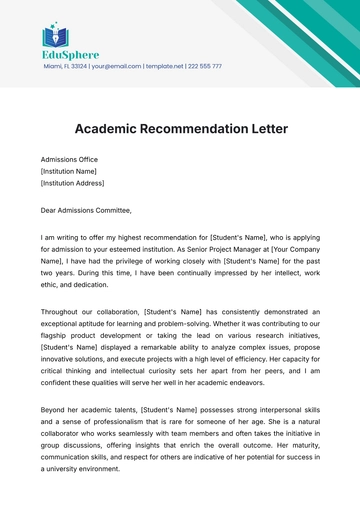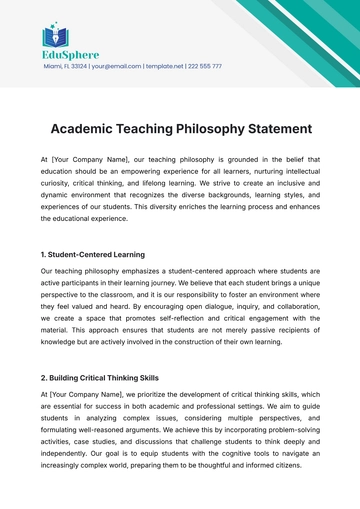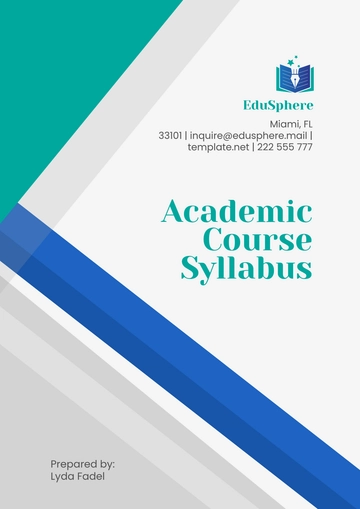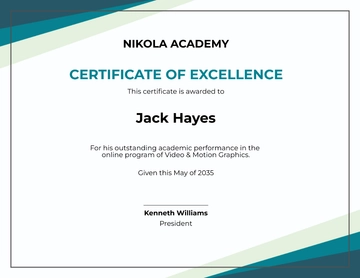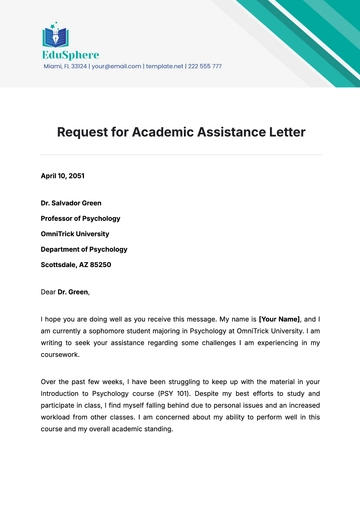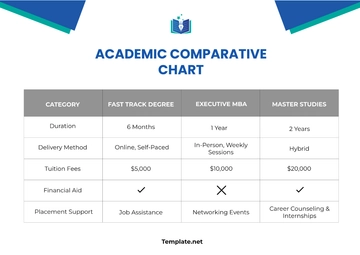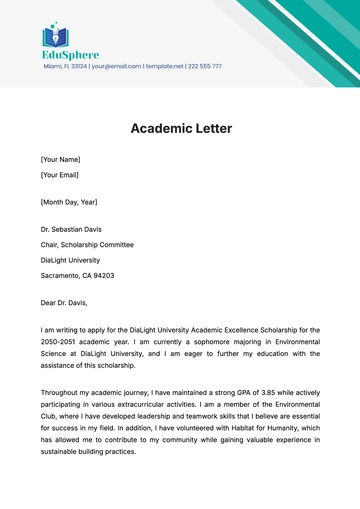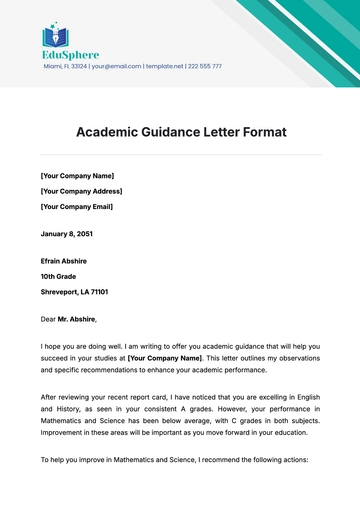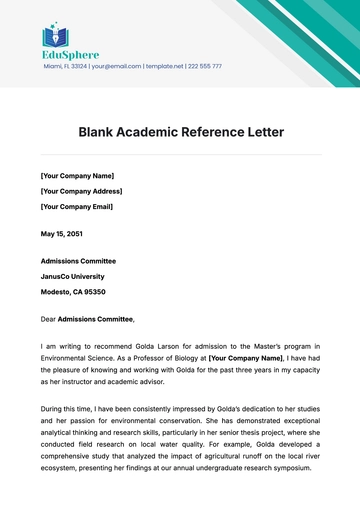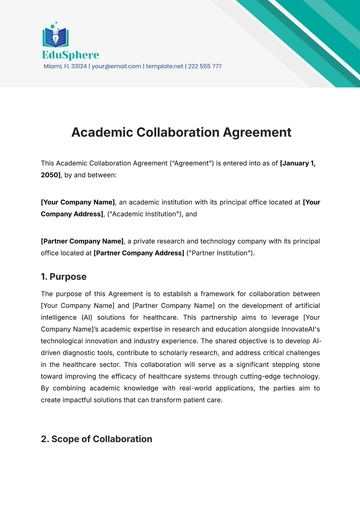Free Academic Journal Writing Article

Title: Impact of Digital Marketing on E-commerce Consumer Behavior
Abstract
This study explores how various digital marketing strategies influence consumer behavior in the e-commerce sector. Through a mixed-methods approach, including surveys and interviews, we analyzed the effectiveness of social media marketing, email marketing, and search engine optimization (SEO). The results indicate that social media marketing has the most significant impact on consumer engagement and purchase decisions, followed by email marketing and SEO. These findings provide insights for e-commerce businesses looking to optimize their digital marketing efforts.
Introduction
In the rapidly evolving e-commerce industry, digital marketing strategies have become crucial for influencing consumer behavior. This research investigates the effectiveness of different digital marketing strategies and their impact on consumer purchasing decisions. Understanding these effects can help e-commerce businesses tailor their marketing efforts to maximize consumer engagement and conversion rates.
Literature Review
Previous studies have highlighted the importance of digital marketing in shaping consumer behavior (Smith, 2055; Johnson & Lee, 2059). Social media platforms have been identified as key channels for engaging consumers (Brown & Green, 2056). Email marketing and SEO are also recognized for their roles in influencing purchasing decisions (White, 2058). However, there is limited research comparing the relative effectiveness of these strategies in the e-commerce context.
Methodology
This study employs a mixed-methods approach. A quantitative survey was administered to 500 e-commerce consumers to assess their responses to different digital marketing strategies. Additionally, qualitative interviews with 20 marketing professionals provided insights into the practical applications of these strategies. Data was analyzed using statistical methods and thematic analysis.
Results
The survey results revealed that 65% of respondents were significantly influenced by social media marketing, while 50% reported that email marketing affected their purchasing decisions. SEO was noted by 40% of respondents as a factor in their online shopping behavior. Interviews with marketing professionals confirmed these findings, with social media being frequently cited as the most effective tool for driving consumer engagement.
Discussion
The findings suggest that social media marketing is the most influential digital marketing strategy for e-commerce businesses, likely due to its interactive nature and broad reach. Email marketing and SEO also play important roles but to a lesser extent. These results align with previous research (Smith, 2055), highlighting the need for e-commerce businesses to prioritize social media in their marketing strategies.
Conclusion
This study concludes that e-commerce businesses should focus on enhancing their social media marketing efforts to effectively influence consumer behavior. While email marketing and SEO are also valuable, they should be integrated into a comprehensive digital marketing strategy. Future research could explore the impact of emerging digital marketing trends and technologies on consumer behavior.
References
Brown, A., & Green, T. (2056). The Role of Social Media in Consumer Engagement. Marketing Journal, 15(2), 45-58.
Johnson, M., & Lee, S. (2059). Comparative Analysis of Digital Marketing Strategies. Journal of Digital Commerce, 10(3), 30-42.
Smith, J. (2055). Consumer Behavior in the Digital Age. E-commerce Review, 22(1), 12-25.
White, R. (2058). The Effectiveness of Email Marketing and SEO. International Journal of Marketing, 18(4), 67-80.
- 100% Customizable, free editor
- Access 1 Million+ Templates, photo’s & graphics
- Download or share as a template
- Click and replace photos, graphics, text, backgrounds
- Resize, crop, AI write & more
- Access advanced editor
Academic Journal Writing Article Template offered by Template.net. This customizable, printable, and downloadable template is perfect for structuring your research papers professionally. Easily editable in our AI Editor Tool, it allows you to tailor the content to your specific needs. Save time and ensure consistency in your writing process with this efficient solution.


